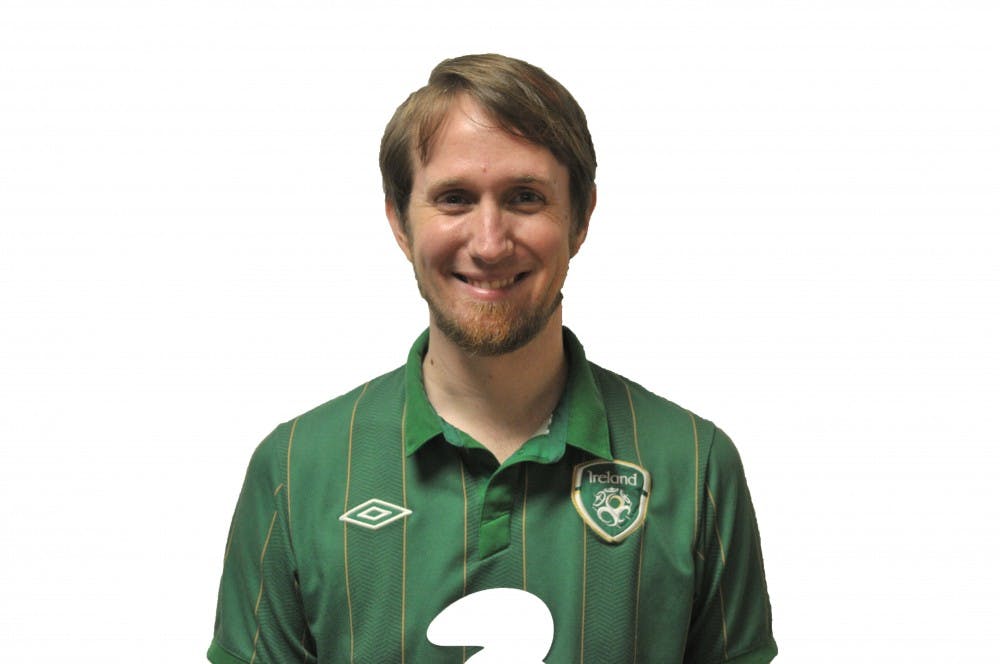Normandy, Iwo Jima, Pusan, Khe Sanh, Fallujah, Kamdesh. For some, these names might not mean much. Maybe they have seen them in history books or have heard the names before. Yet for those who fought, those names and many others are forever branded in their memories. They recall the desperation and the sounds of battle, and most of all, those they fought beside. It is a brotherhood that runs deeper than any fraternity, one that traverses time and location. It is a bond forged in blood and fire.
Veterans Day, originally called Armistice Day — the day when fighting ceased in World War I — was first proclaimed in 1919 by President Woodrow Wilson with these words:
“To us in America, the reflections of Armistice Day will be filled with solemn pride in the heroism of those who died in the countries service and with gratitude for the victory, both because of the thing from which it has freed us and because of the opportunity it has given America to show her sympathy with peace and justice in the councils of the nations.”
Whereas Memorial Day is a day set aside for us to remember those who died in service to the country, Veterans Day is to commemorate those who saw ends to their respective wars.
Except that the war is never truly over. There are some of us who bring the fighting back with us. There are others who never saw combat, but they are still a part of the veteran family. After our time in the military, we go on to attempt to find our ways in the civilian world. For many, myself included, this means attending college. According to the Department of Education, four percent of college students are veterans. Additionally, the Student Veterans of America project this number to double over the next five years.
While one would think that years of experience would help veterans in the transition to college life, the truth is it’s a difficult path. One of the most common remarks made by veterans is a feeling of isolation. We go from spending our whole time in the military being part of a team, to being left alone to essentially figure things out on our own. While there are a plethora of student groups at Penn, there’s always a feeling of estrangement when interacting with non-veterans. This can be exasperated when asked seemingly simple questions by other students: Did you ever kill someone? Do you have PTSD? Why did you join when we shouldn’t even have been there?
It wasn’t until recently that a student group for veterans — the University of Pennsylvania Student Veteran Association — was even formed. Now there is at least a way for veterans to get together and share their experiences with one another; a way to regain some of the camaraderie lost when we left the military.
Studies have shown that veteran students can thrive in a university setting, but only if their unique needs are met. These include helping veterans connect with one another and training faculty and staff on challenges veterans face. Some have physical disabilities or mental trauma. Some have families that they are trying to support whilst taking classes.
In fact, Kathy Snead, director of Servicemembers Opportunity Colleges, said that a campus veterans organization or office that helps service members feel more engaged in student life is one key indication of whether they will be academically successful. However, at Penn, veterans are the only federally protected class that currently has no devoted space or staff on campus.
The UPSVA currently has an online petition to rectify this. On behalf of my fellow veterans, I ask that you show your support for this proposal, whether you are a veteran or not. Having a strong resource center would help to make Penn the preeminent destination for veterans. This would both help to increase the prestige of the school, as well as bring in government funding. We ask this not because we feel like we are victims who need recompense. I willingly took the oath to protect this nation, and the only regret I’ve ever had is that I couldn’t do more.
Shawn Kelley is an LPS sophomore studying Japanese and history. His email address is skelley@sas.upenn.edu. “A Vet-ted Mind” usually appears every other Monday.



